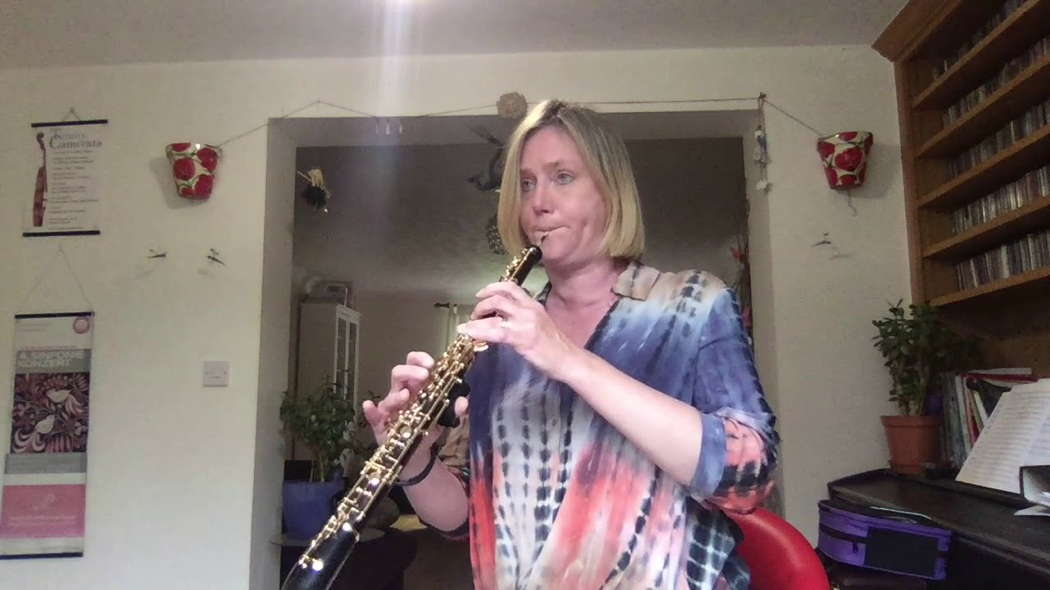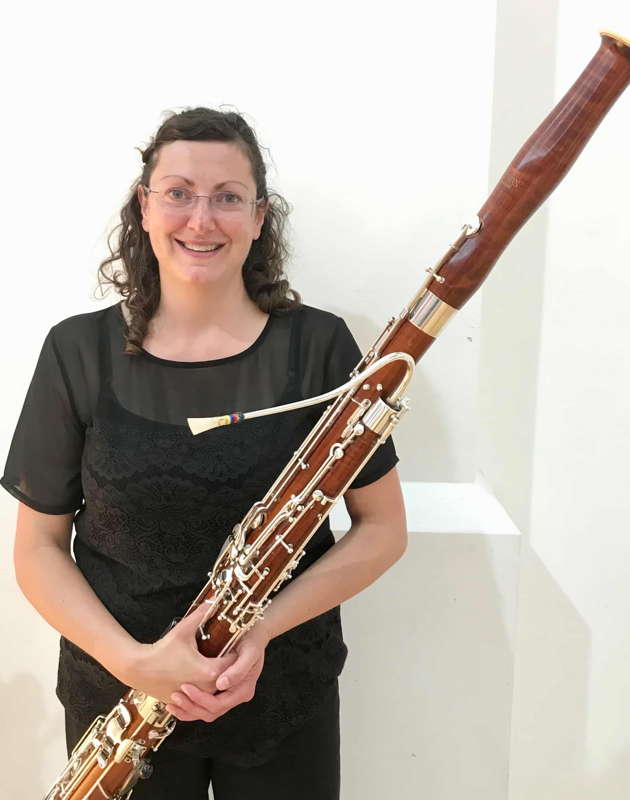Irresistibly Jolly
MIKE WHEELER enjoys Sinfonia Viva's performance of Mozart's 'Gran Partita'
Mozart's Serenade in B flat, K 361, is both his largest-scale piece of chamber music, and his greatest love-letter to wind instruments. The occasion he wrote it for has not been conclusively established, but whatever it was, it must have been quite a party. So, although not originally planned as such, Sinfonia Viva's performance was an ideal way for Derby's Museum of Making to celebrate its re-opening following autumn's flood damage - Derby, UK, 29 January 2024.

Online advertising for Sinfonia Viva's performance of Mozart's Gran Partita at Derby's Museum of Making
After the sonorous opening chords, the first movement's quick music was spirited and festive, with plenty of neatly-turned phrasing. The first minuet was robust and graceful by turns. The first trio section, for clarinets and basset-horns alone, had a smiling warmth, while the second was perky, almost mischievous.
In the Adagio third movement, the focus of a famous scene in Peter Schaffer's play Amadeus, and the subsequent film, Maddy Aldis-Evans' oboe solo stole in magically over the gently pulsing accompaniment. The whole movement's operatic character was clearly projected in this tenderly, intimate performance.

Maddy Aldis-Evans
A merry account of the second minuet centred on a reading of the trio section which, in Viva's hands, became a ländler as sturdy and rustic as any by Haydn. It was a sharp contrast with the following Romanza, the Serenade's expressive heart. The outer section glided along calmly while, in the quicker section, Rosie Cow made the most of the bubbly first bassoon part.

Rosie Cow
The sixth movement's variations were well differentiated, with some nimble, or graceful, as appropriate, solo playing - oboe, again, in No 1 and the slow No 5, basset-horn and bassoon in No 2. The shadow that passes over in the B flat minor fourth variation was touched in just enough, as was the chirpy good humour of the sixth and last, leading the way for the Serenade's irresistibly jolly finale, which set off at a engagingly fast lick, leaving us all with broad grins on our faces.
A shout-out, too, for clarinettist Matt Dunn's spoken introduction. It was a masterclass in how to speak to an audience: informative, chatty without being gushy or patronising, jokey where appropriate, with basset-horn player Helen Bishop giving us a short introduction to the instrument.

Matt Dunn
In my experience, plenty more performers could take a leaf or two out of this particular book.
Copyright © 4 February 2024
Mike Wheeler,
Derby UK





